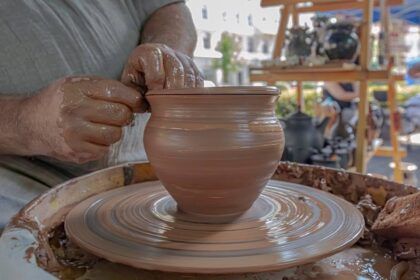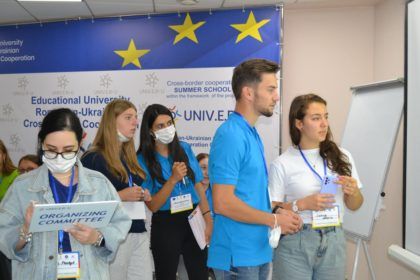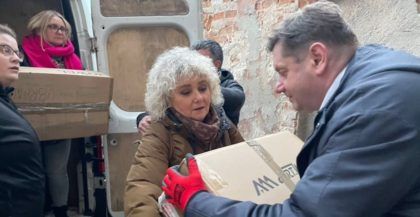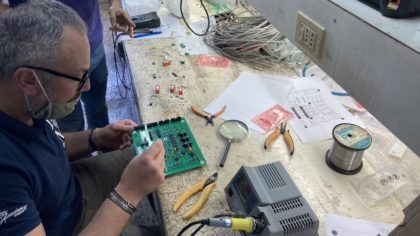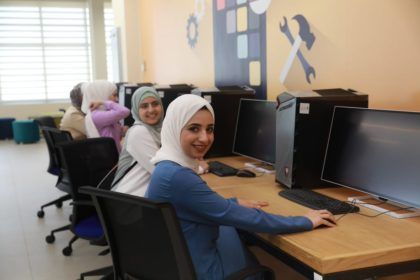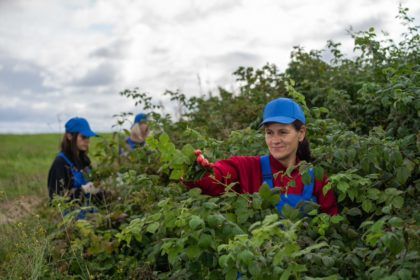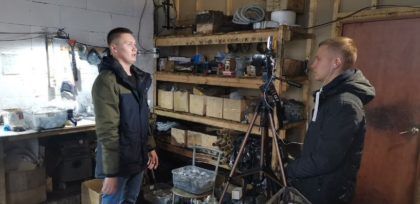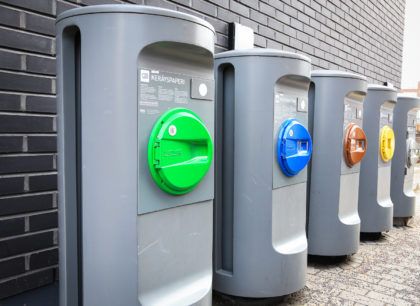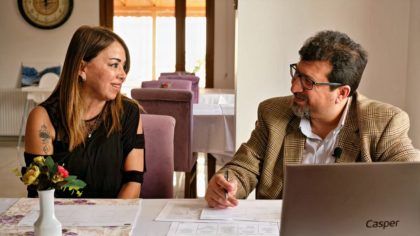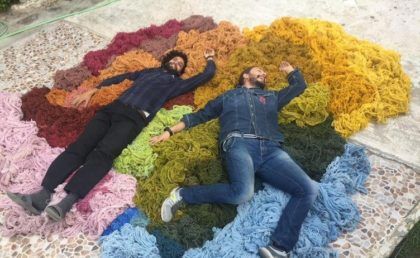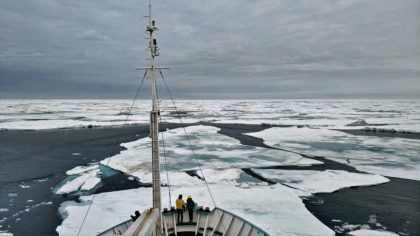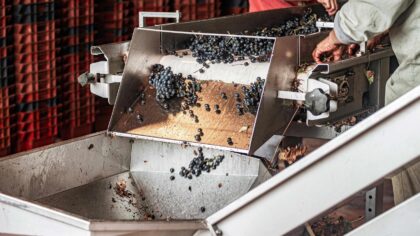
What to do with all that waste? From grapes to beauty products
TUNISIA – Grapes, the jewels of the vineyards, yield at global level approximately 74 million tons of wine each year. Yet, alongside the production of wine comes a significant by-product: pomace — a mix of peels, seeds, and stems. Typically, this pomace meets one of two fates: animal feed or open-air fertilizer at best. However, recent research reveals a hidden treasure trove within this waste. Bursting with bioactive substances like antioxidants, pomace possesses benefits ranging from anti-aging to anti-cancer properties. The ENI CBC BESTMEDGRAPE project, spanning the Mediterranean from north to south, capitalizes on this untapped resource, blending knowledge, tradition, and innovation to empower both the grape sector and creative entrepreneurs.

The right skills to nurture a green automotive industry

Saving tree crops from pests
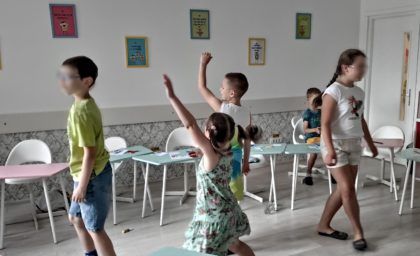
A place to offer kids a new beginning
SUCEAVA – Back to the future. As other projects overturned by the war, also SMART4YOUTH has resumed normal activities, and on 21-23 September a “film festival” will feature the videos produced by Romanian and Ukrainian youngsters after attending project’s workshops. At the same time, partners don’t let go of the refugees, and keep running the “mothers support group”, whilst their kids are busy with languages and arts at the “clever children” centre: altogether, about 300 people are still benefitting from this support in the region. It is definitely a busy time for the cooperation between Romania and Ukraine, whose reality is heartedly described by Vasile Gafiuc, manager of SMART4YOUTH and president of the Association of Community Development Consultants (ACDC).
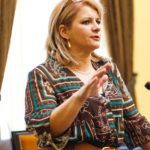
When common roots inspire solidarity

The new generation of entrepreneurs

Youth speaking the universal language of sustainability
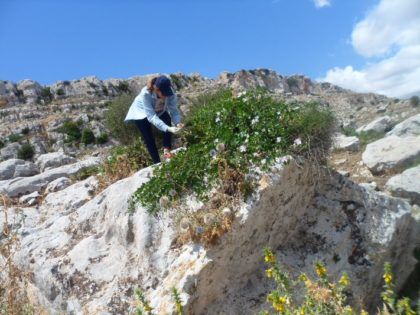
What about an asparagus hand cream?
Roses, oregano, asparagus and capers…these are indigenous species in the Sicilian and Tunisian territories, they grow naturally in marginal lands, they do not require chemical inputs and do not demand much water. In addition, they have lots of nutritional and medicinal properties. Why then not grow them more profitably and sustainably? What if we transformed them and created other products? Creams, essential oils, perfumes… This is exactly what the ESPAS project is pursuing. Funded by the Italy-Tunisia ENI CBC programme, this partnership wants to revalorise autochthonous species in Sicily and Tunisia, to diversify their uses and to provide farmers and enterprises with more business opportunities. But how? Keep reading!
